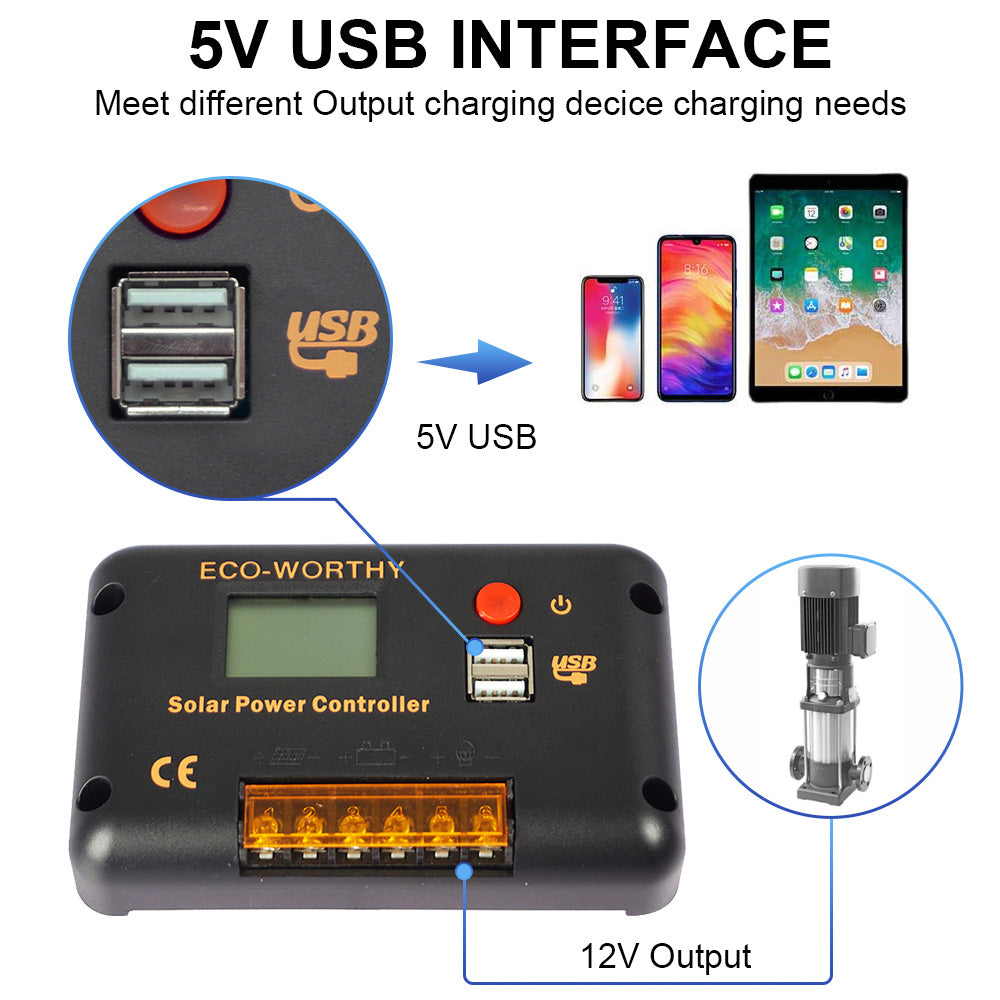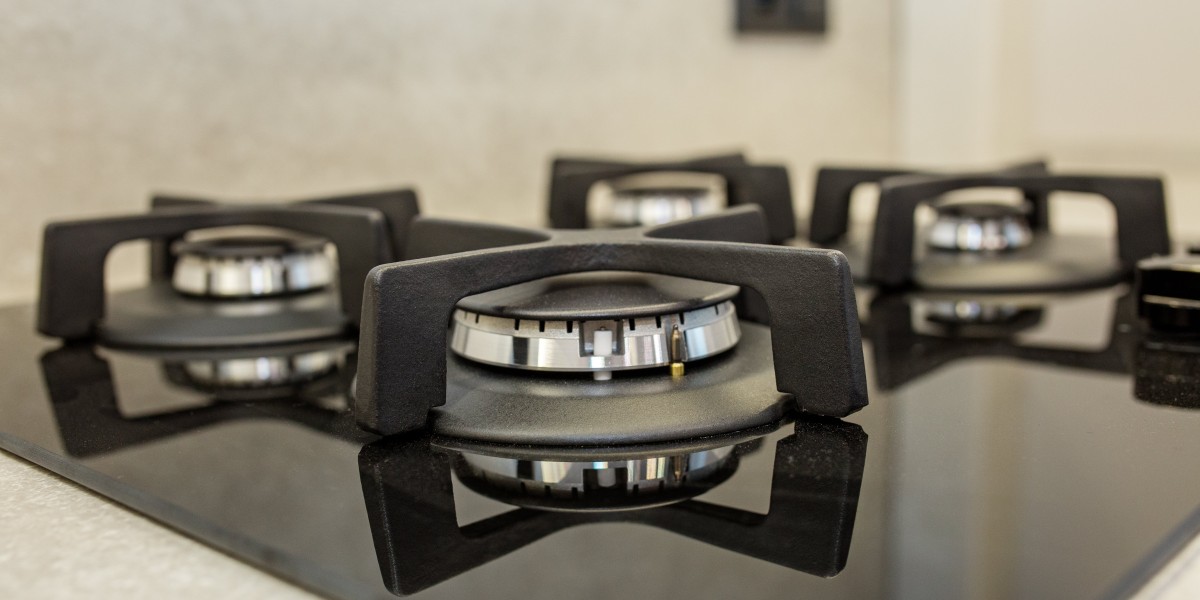As the world increasingly turns towards renewable energy sources, understanding the components of solar systems becomes vital. One such component is the solar energy charge controller, a device that plays a crucial role in managing the energy produced by solar panels. This guide aims to provide a comprehensive overview of how these controllers work and their significance in optimising solar energy usage.

What is a Solar Energy Charge Controller?
A solar energy charge controller is an electronic device that regulates the voltage and current coming from solar panels to the batteries. By doing so, it prevents overcharging and deep discharging, which can significantly extend the lifespan of your batteries. But how does it achieve this? The controller monitors the battery's state of charge and adjusts the energy flow accordingly.
Types of Solar Energy Charge Controllers
There are primarily two types of solar energy charge controllers: PWM (Pulse Width Modulation) and MPPT (Maximum Power Point Tracking). Each type has its unique advantages:
- PWM Controllers: These are simpler and more cost-effective. They work by reducing the voltage to match the battery's voltage, which is efficient for smaller systems.
- MPPT Controllers: These are more advanced and can convert excess voltage into additional current, making them ideal for larger solar systems. They are particularly beneficial in colder climates where solar panels produce more voltage.
Why is a Solar Energy Charge Controller Crucial?
The importance of a solar energy charge controller cannot be overstated. Without it, your solar system would be at risk of battery damage due to overcharging or excessive discharging. Here are some key reasons why these controllers are essential:
- Battery Protection: They prevent overcharging, which can lead to battery failure.
- Efficiency: By optimising the energy flow, they enhance the overall efficiency of the solar system.
- Longevity: Proper regulation of energy extends the lifespan of batteries, saving you money in the long run.
- Monitoring: Many modern controllers come with monitoring features, allowing users to track energy production and consumption.
Choosing the Right Solar Energy Charge Controller
When selecting a solar energy charge controller, consider factors such as your solar panel output, battery capacity, and system voltage. It is also advisable to consult with a professional to ensure you choose the right type for your specific needs. For a wide range of options, you can visit .
Conclusion
In summary, a solar energy charge controller is an indispensable component of any solar energy system. By understanding its function and importance, you can make informed decisions that enhance the efficiency and longevity of your solar setup. Whether you opt for a PWM or MPPT controller, investing in a quality charge controller will undoubtedly pay off in the long run.








